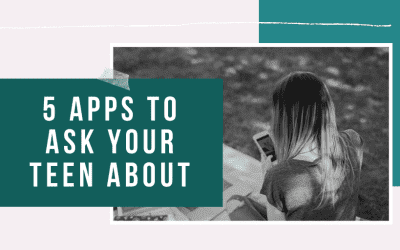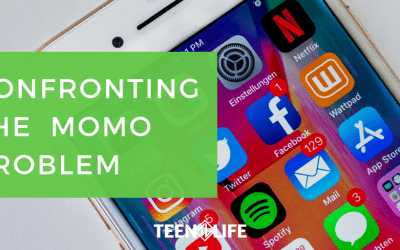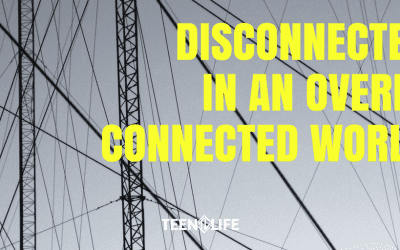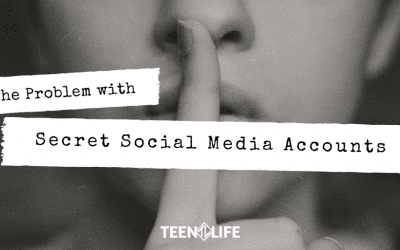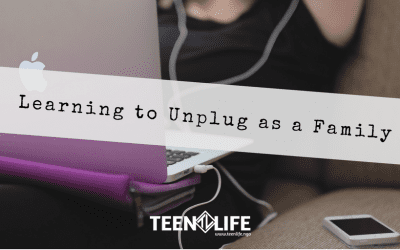“We accept the reality of the world with which we’re presented. It’s as simple as that.” – The Truman Show Social and political polarization is at an all-time high. Conspiracy theories, strong opinions, and stereotyping are taking over social media channels. I don’t...
Social Media Articles and Episodes
Social media plays an enormous role in shaping many teenagers’ self-esteem, habits and social life. We’re here to guide parents and other caring adults in keeping track of the latest trends, what to watch out for and what to avoid, so they can help teens do the same.
Teens need champions. Be one.
Every teen deserves an adult who believes in them. Our newsletter is packed with updates on teen life, free resources, and practical ways to build stronger, more supportive relationships with the young people you care about. When you grow, they thrive.
Subscribe today — because one caring adult can change everything.

